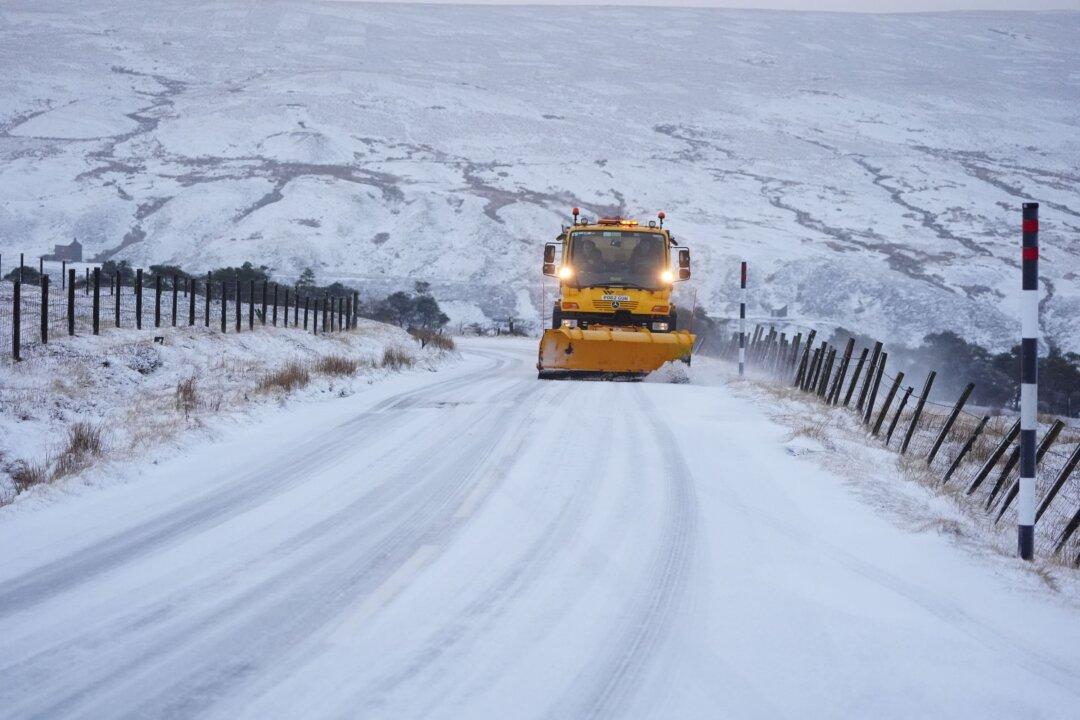More than 2,500 people in Cumbria were without electricity on Sunday morning, as the county’s fire and rescue service said it worked through the night to rescue drivers from cars trapped in deep snow.
Power cuts followed Saturday’s heavy snow in Cumbria, with the Met Office issuing new weather warnings for across the UK on Sunday morning.




